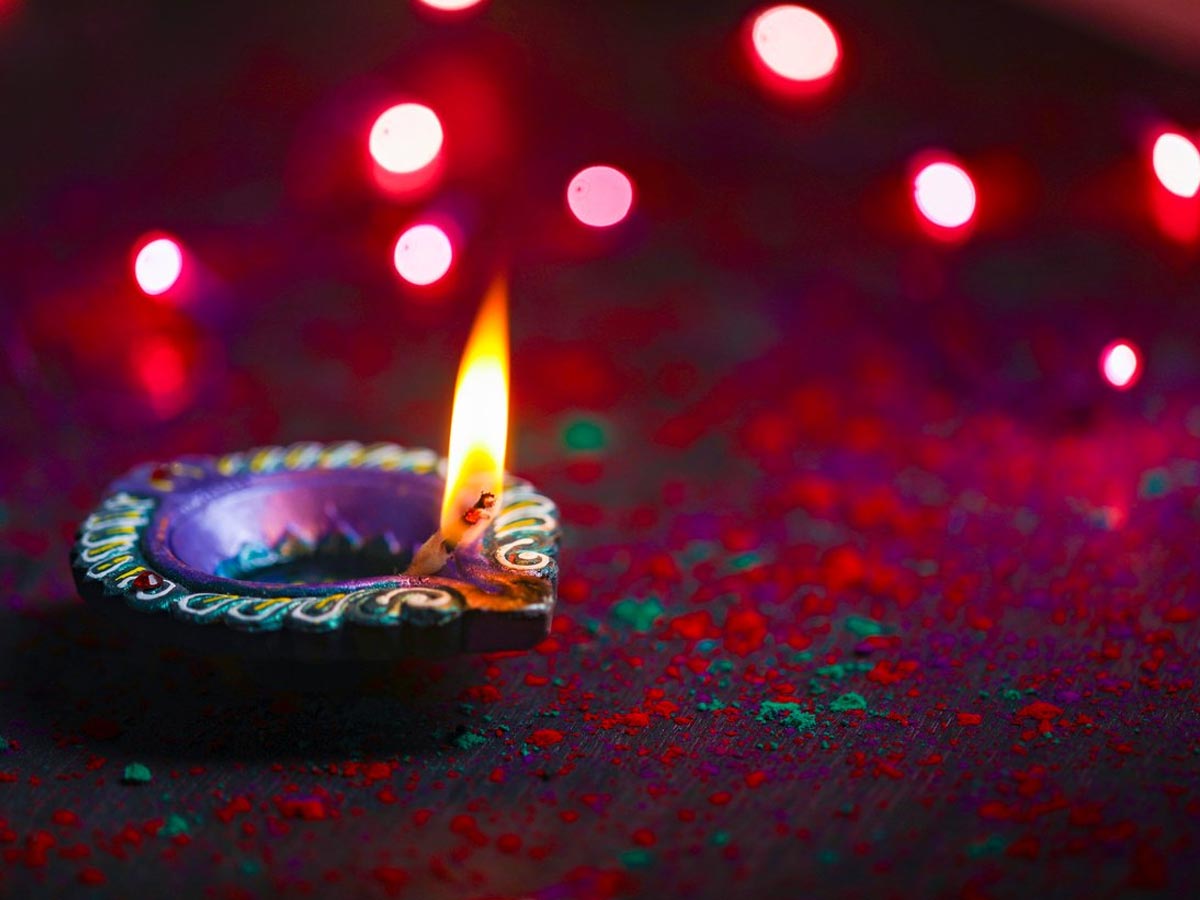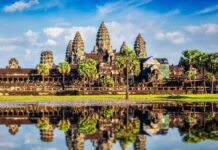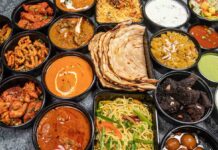Deepavali or Diwali, the Hindu festival of lights, is the largest and brightest of all celebrations. Diwali, a four-day holiday celebrated throughout India and around the world, is observed and celebrated in many regions of the world. Diwali is a lovely and religious festival that fills the country with its pure charm and splendour, as well as dazzles people everywhere with pleasure and festivity.
Diwali is traditionally observed in late October or early November. Diwali happens on the 15th day of Kartik according to the Hindu calendar; therefore, it changes from year to year. Each of Diwali’s four days has its own rituals that fill people with good hope, love, peace, and a renewed mind, not to mention pure delight.
Diwali’s origins may be traced back to ancient India, when it was most likely first celebrated as a major harvest celebration. However, there are various tales about Diwali’s beginnings.
Many people think that Diwali commemorates the marriage of Lakshmi, the goddess of riches, and Lord Vishnu. Diwali is most likely a celebration of their happy marriage. Others believe it is a birthday celebration for Lakshmi, who is claimed to have been born on the new-moon day of Kartik.
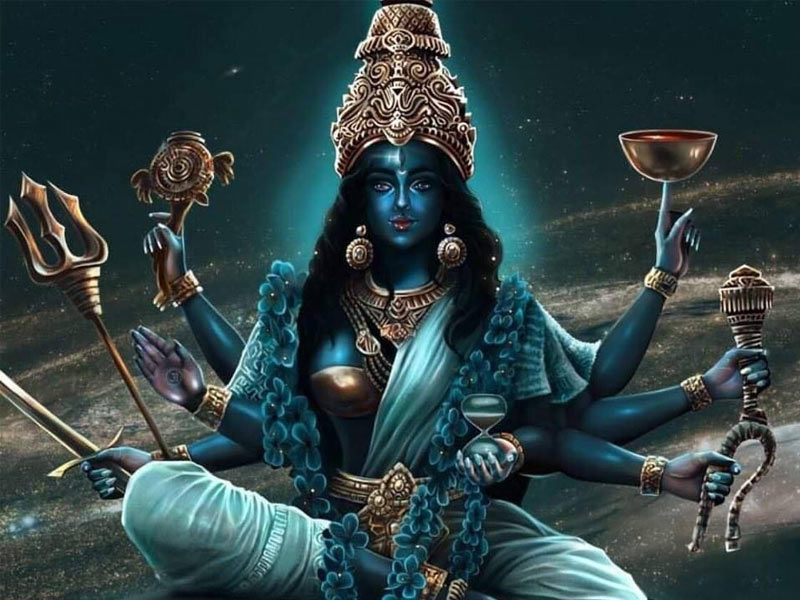
In Bengal, Deepabali is dedicated to the worship of Kali, the dark goddess of strength. Lord Ganesha, the elephant god, is also worshipped in certain houses during Diwali as a sign of auspiciousness and knowledge. In some Jain households, Diwali also commemorates Lord Mahavira’s ascension to the state of perpetual pleasure known as nirvana.
Diwali is a Hindu festival that is also observed by Jains, Buddhists, and Sikhs. For Hindus, it generally represents Lord Rama’s return to Ayodhya following his 14-year exile and triumph over Ravana.
Ram was welcomed into the kingdom of Ayodhya on that momentous day with rows of diyas, which were lit across the realm. As a result, burning oil lamps on Diwali represents the triumph of good over evil and the liberation from spiritual darkness.
Also Read, Navratri: History, significance and How to Celebrate
With all the lights and diyas removing dark shadows and evil, and all the prayers and love among people, a magnificent environment full of kindness and purity is created. Everyone’s hearts are filled with an air of purity and a cheerful, caring spirit during Diwali.
Diwali is about more than simply lights, gambling, and fun-filled surprises and presents; it’s also about reflecting on one’s life, previous deeds, and making the necessary adjustments for the New Year.
With all the lights and diyas removing dark shadows and evil, and all the prayers and love among people, a magnificent environment full of kindness and purity is created. Everyone’s hearts are filled with an air of purity and a cheerful, caring spirit during Diwali. Diwali is about more than simply lights, gambling, and fun-filled surprises and presents; it’s also about reflecting on one’s life, previous deeds, and making the necessary adjustments for the New Year.
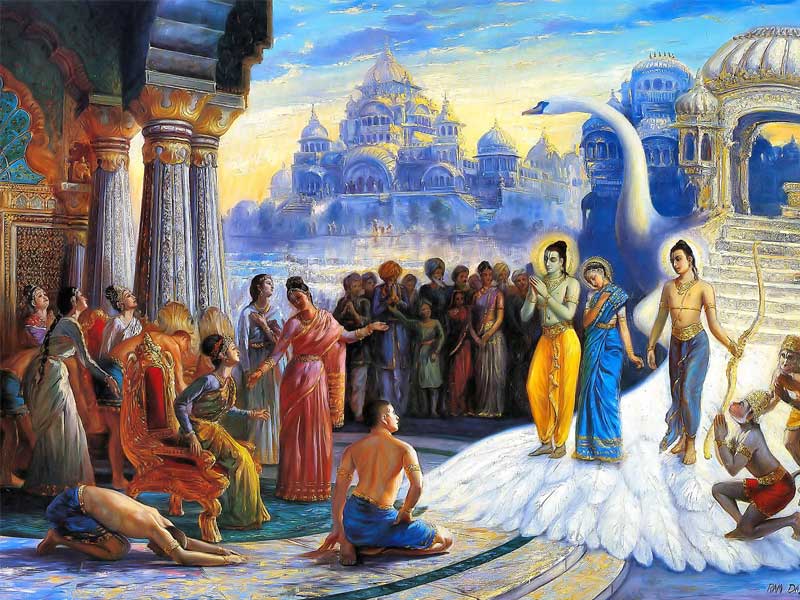
Diwali is also a festival of giving and forgiveness. It is customary for people to forget and forgive injustices and grudges during Diwali. People worldwide are celebrating with a spirit of liberty, festivity, and kindness. Diwali symbolises the birth of a fresh, revitalised soul. A cheerful and rejuvenated mind during Diwali energies a person to make positive changes as a healthy, ethical person who is more productive at work and spiritually evolved.
Diwali is a celebration that unites people of every creed religion and caste. The simple smile and a kind, welcoming heart melt even the hardest of hearts. It is a time when people mingle about in joy and embrace one another. A celebration of prosperity, Diwali gives us the strength and the zeal to carry on with our work and goodwill for the rest of the year and thus, promising us success and prosperity. Thus, people give gifts to collegues, family, and friends.
Diwali, above all, shines a light on our inner selves. Diwali’s lights also represent a time to purge all of our evil aspirations and ideas, as well as a deeper, inner lighting and self-reflection.
Diwali, the festival of lights, has traditionally been a time of year when people join together to meet new people and share the joys of kindness, comradely, and fraternity. They gather together to share their joy via music and food.
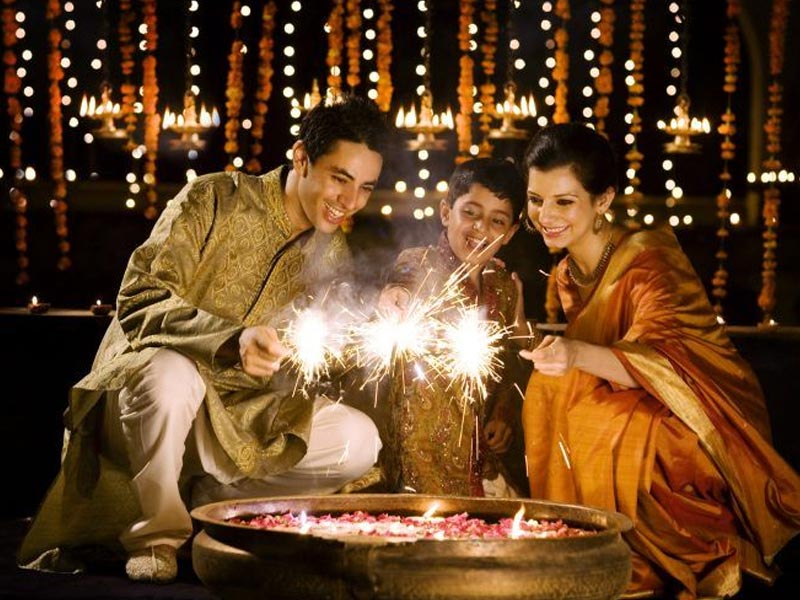
However, the manner Diwali is celebrated has changed dramatically throughout the years. Our parents’ and grandparents’ ways of celebrating Diwali are not the same as ours. There was a period of change. Let’s take a look at how Diwali has evolved as a holiday over time.
Electric diyas and candles with fairy lights have replaced the traditional clay ‘diyas.’ Music used to be played on radios and DVD players, but now the DJ’ system is all the rage. Unfortunately, the number of persons who burst crackers has increased in recent years around Diwali.
Firecrackers are said to be an essential part of Diwali. It has a lot of appeal among teenagers. However, exploding crackers have always been an issue. The repercussions are dreadful. For many years, the air quality in Delhi has been continuously rated as “bad.” People experience a variety of health problems when the quality of the air begins to degrade, including eye irritation, coughing, and breathing problems.





















